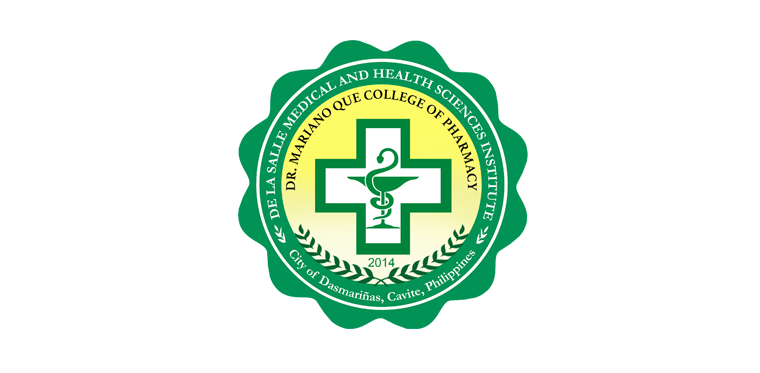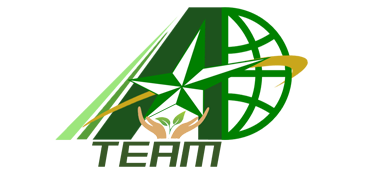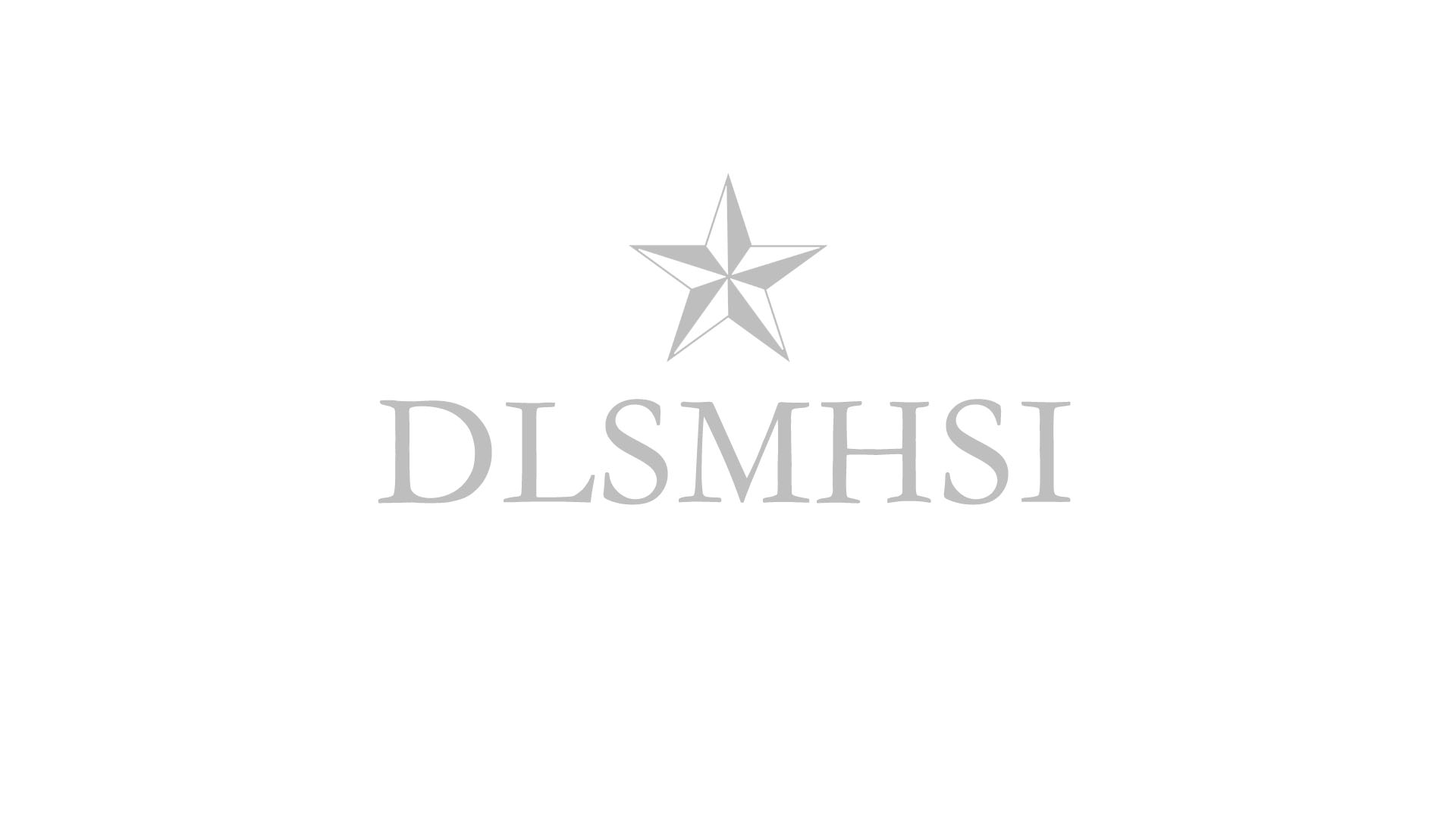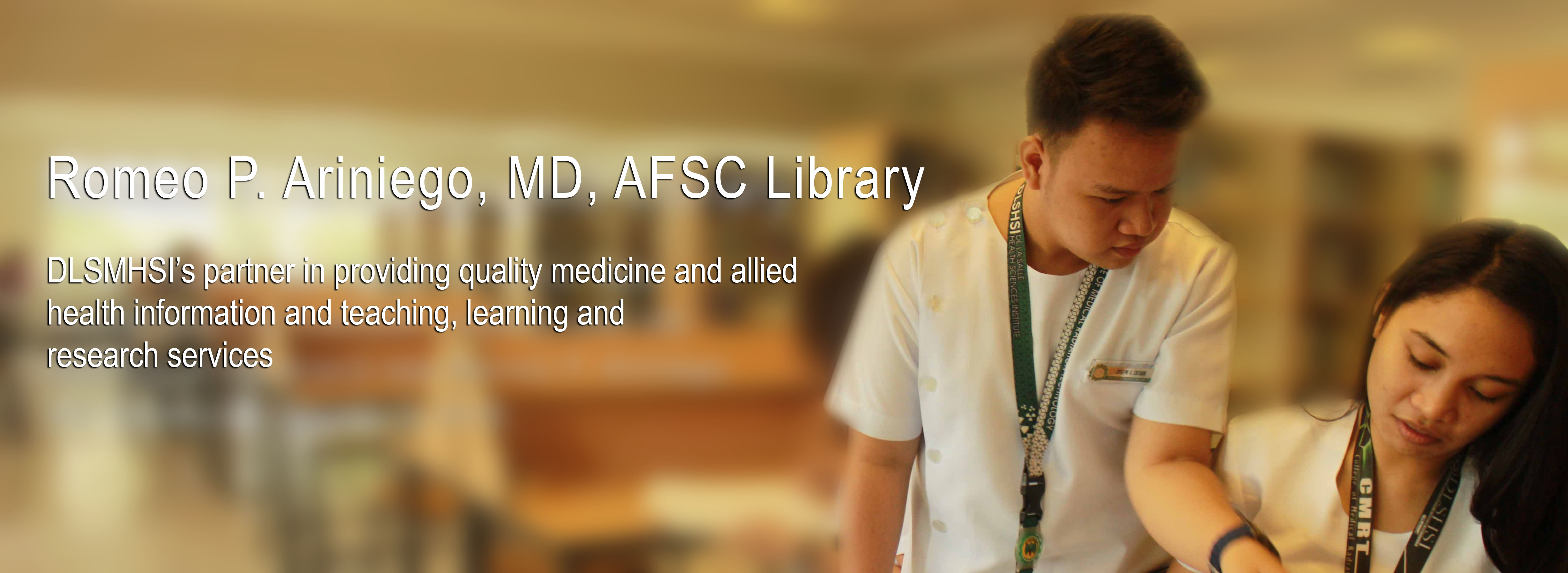
Degree Name
The degree program described herein will be called Bachelor of Science in Pharmacy (BSP).
Nature of the Field of Study
The outcomes-based program is at least a four (4)-year degree program with a total of 201 credit units, with 1,415 hours of professional courses. The program offers a good mix of general education courses, which have relevant applications in the profession of pharmacy, and professional courses, that will help prepare the graduates in acquiring competencies necessary in the workplace. Foundation courses in pharmaceutical chemistry, pharmaceutics and the life sciences will enhance the understanding of pharmaceutical product development and their applications in pharmacy practice. It also includes internship programs in the last year of study that involve assigning students to different CHED-accredited affiliation establishments covering a minimum of 1,200 hours. The intern/student, during the course of the internship or supervised pharmacy practice experience, will be exposed to a variety of opportunities in practice areas that will prepare them for the different roles expected of them upon graduation. The students will acquire 15 units of institutional courses in religious education and inter-professional education and will also be expected to have finished and successfully defended an undergraduate research (thesis).
Program Goals
The program aims to produce graduates who can portray the following roles:
- Professional pharmacist
- Pharmaceutical care provider
- Researcher
- Manager and entrepreneur
- Educator
Specific Professions/careers/occupations for graduates
Graduates of the BS Pharmacy program may pursue a career in any of the following areas of pharmacy practice:
- pharmaceutical manufacturing/production,
- production planning and inventory control,
- quality assurance,
- research and development,
- regulatory affairs,
- academe,
- hospital pharmacy,
- clinical pharmacy,
- community pharmacy,
- cosmetics industry,
- veterinary industry,
- clinical research,
- government service (Department of Health, Food and Drug Administration, PhilHealth, Professional Regulation Commission, Philippine Drug Enforcement Agency, Dangerous Drugs Board, and others),
- health publications,
- sales or marketing
- institutional pharmacy (non-pharmaceutical establishments with pharmacy clinics, such as those in the Supreme Court, San Miguel Corp, GSIS, etc)
Allied Fields
All health science programs are considered to be allied fields of the BS Pharmacy program.
Program Outcomes
The minimum standards for the BS Pharmacy program are expressed in the following minimum set of program outcomes:
Common to all programs in all types of schools:
- The ability to engage in lifelong learning and understanding of the need to keep abreast of the developments in the specific field of practice. (PQF level 6 descriptor)
- The ability to effectively communicate orally and in writing using both English and Filipino
- The ability to work effectively and independently in multi-disciplinary and multi-cultural teams. (PQF level 6 descriptor)
- A recognition of professional, social, and ethical responsibility
- An appreciation of “Filipino historical and cultural heritage” (based on RA No. 7722)
Based on HEI type (CHED Implementation Handbook for OBE and ISA, 2013):
- Graduates of professional institutions demonstrate a service orientation in one’s profession
- Graduates of colleges participate in various type of employment, development activities, and public discourses, particularly in response to the needs of the communities one serves
- Graduates of universities participate in the generation of new knowledge or in research and development projects
- Graduates of State Universities and Colleges must, in addition, have the competencies to support “national, regional and local development plans” (RA No. 7722).
Common to all health-related professions
Graduates of the BS Pharmacy program will have the following attributes common to all health-related professions:
- Demonstrate competence in handling health problems of individuals, families, communities
- Demonstrate higher order thinking skills, problem solving, decision-making, logical and critical thinking skills
- Subscribe to professional, legal, and ethical practice
- Work collaboratively with inter- and multi-professional teams
- Communicate proficiently
- Engage in self-directed lifelong learning, and
- Promote the use of health system approach in the delivery of service
Specific to the BS Pharmacy Program
| Program Outcomes | Operational Definition of Program Outcomes |
| Practice pharmacy in a professional and ethical manner | · Adhere to legal requirements, practice standards and code of ethics for the pharmacy profession.
· Apply knowledge & skills of mathematics, health sciences, social sciences, psycho-social sciences, physical sciences, environmental sciences, natural sciences, information technology and other advanced technologies to the practice of pharmacy. · Apply suitable techniques and principles in the compounding, storage, manufacturing, distribution, administration and disposal of pharmaceutical (biologicals) products to ensure quality, safety & efficacy of products. |
| Provide pharmaceutical care | · Develop a drug therapy plan appropriate for the patient based on evaluated patient’s health and medication history
· Provide relevant information in dispensing pharmaceutical products in accordance to practice standards. · Monitor the patient’s progress in achieving specific outcomes and optimize patient’s health-related quality of life. · Collaborate effectively with the patients and other members of the health care team in accordance to practice standards. |
| Conduct relevant research and disseminate findings | · Conduct or participate in research activities in accordance to scientific research guidelines and dissemination of findings for utilization. |
| Apply managerial and entrepreneurial skills | · Demonstrate efficient and effective management skills in any organization.
·Demonstrate entrepreneurial skills while ensuring patient safety. |
| Communicate and facilitate effectively. | · Facilitate learning of selected learners for specific purposes (patients, students, peers, support staff, other health professionals)
· Communicate effectively using culturally-appropriate language. |



